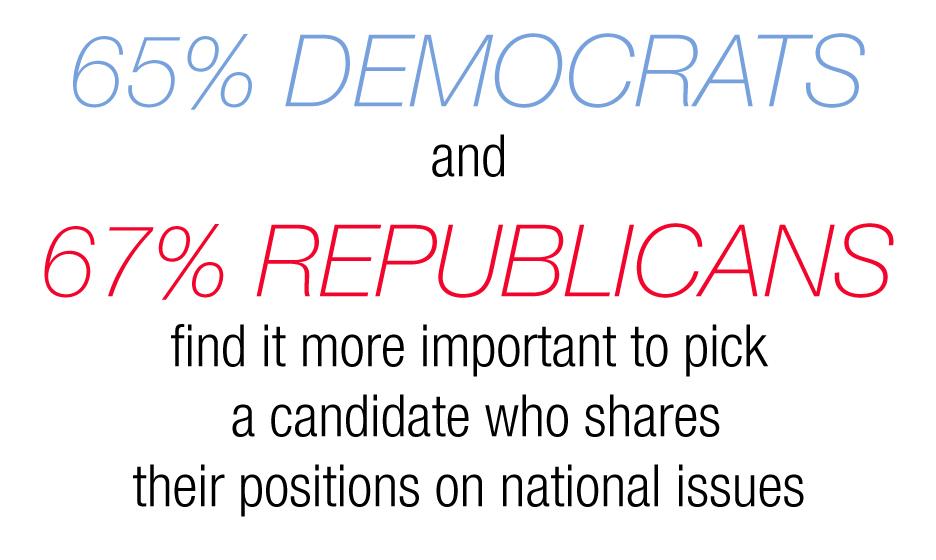_Sofi Zeman is a first-year Journalism major at MU. She is an opinion columnist who writes about interpersonal interaction and growth._
In the midst of the ongoing Democratic Primary Debates, speculation over who will be the next U.S. president is sure to be found on nearly every major news outlet website. While the official presidential election will not take place until November 2020, the public has already begun to choose their frontrunners.
Before we know it election season will be on campus. For many MU students, this will be their first time voting in a presidential election. As exciting as this is, it’s important to note that despite the decisions we make during this process, it’s likely some people may make them for the wrong reasons.
After a series of political scandals in recent years, we the people seem to be losing faith in the concept of democracy. Many Americans have been outraged with the political system following the outcome of the 2016 presidential election. Voters reported feeling that Trump was elected primarily on his personal attributes rather than his political, social and economic values. Many attribute the outcome of this election to the president elect’s personality and a politically uneducated group of voters.
Is popularity more important than policy in an election?
It’s undeniable a candidate’s likeability plays a major role in whether or not they are voted into office or even given the party nomination. Voters like a candidate they can relate to. Success in the political world depends greatly on the ability to win over the hearts of the public. Additionally, a sense of personality is helpful in distinguishing a candidate apart from the others. If there were two candidates who have the same stance on the global warming crisis, people would be more likely to vote for the more likeable of the two. This doesn’t define the outcome of the entire election but is merely a tool to use for one’s advantage. Research has shown that popularity is important, but that doesn’t mean it’s the only thing voters today care about.
Policy has value. According to a Pew Research study, 65% of Democrats and 67% of Republicans find it more important to pick a candidate who shares their positions on national issues, such as gun control and taxation of the top 1%. A candidate’s core values and political initiative should be what primarily draws in voters. While there have been cases of people hopping on the bandwagon or making an uneducated decision, this act does not define the masses. Though popularity plays a major role, it shouldn’t, and typically doesn’t outshine policy. Few will opt to vote for a candidate that doesn’t represent any of their values in exchange for a sense of humor or any other likeable characteristic.
Elections are a blend of both policy and popularity. While popularity is sometimes taken in higher regard, it does not stand alone as the only important factor in the voting process.
_Edited by Bryce Kolk | [email protected]_








